Optimal Timing for Sidewalk Replacement
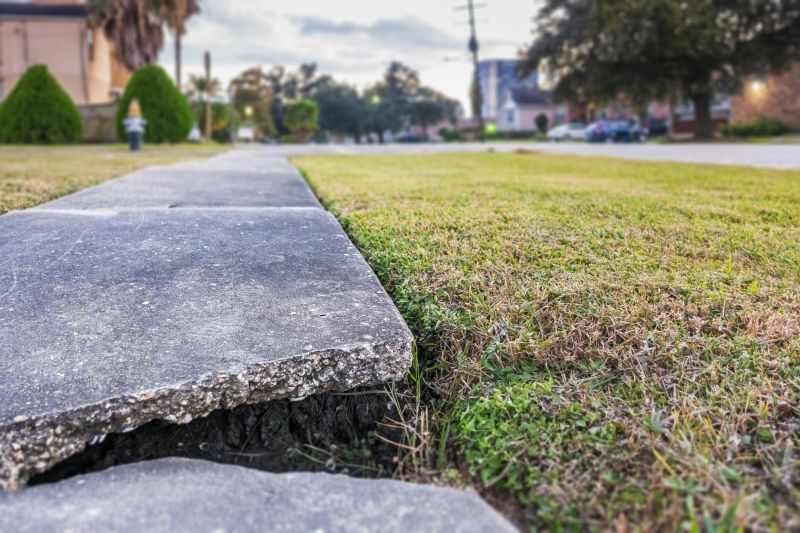
Spring offers moderate temperatures ideal for sidewalk replacements, reducing the risk of cracks due to temperature fluctuations.
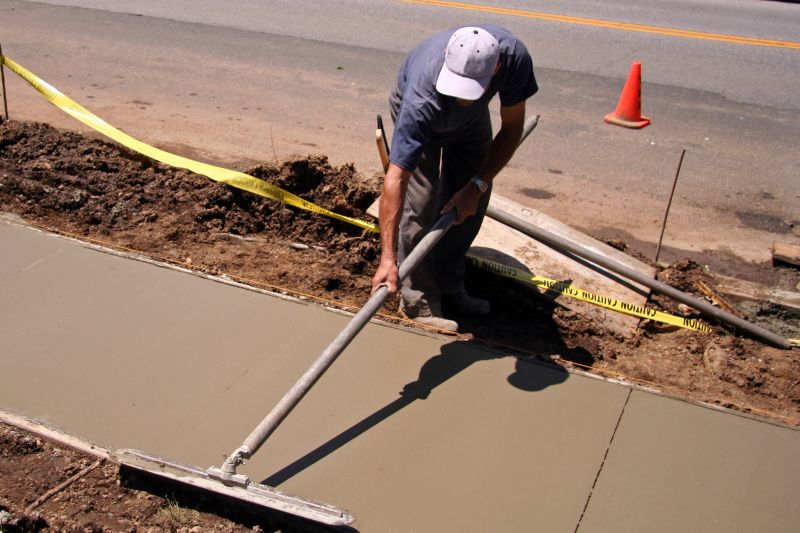
Summer can be suitable with proper planning, but high temperatures may affect curing times and material performance.
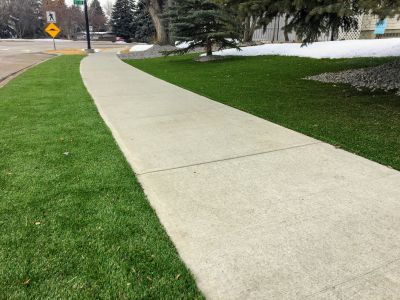
Fall provides cooler weather and less rainfall, which can help ensure proper setting and reduce delays.
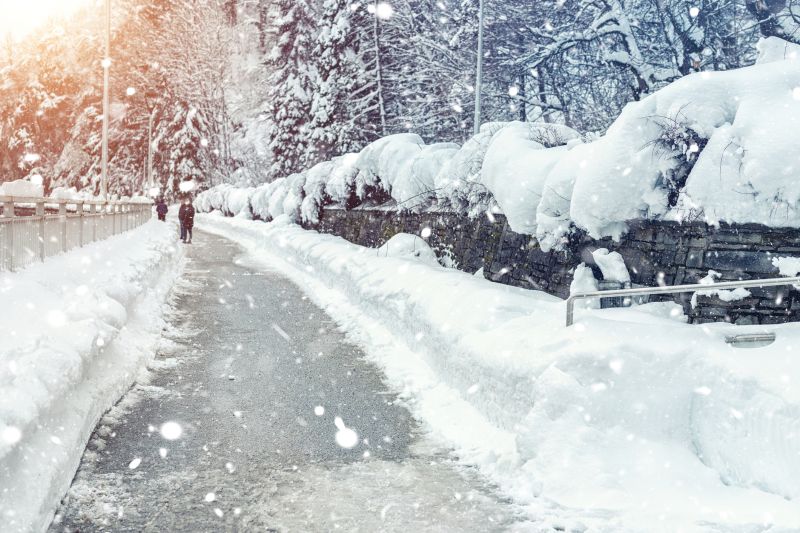
Winter is generally not recommended due to cold temperatures and potential for frost, which can hinder proper curing.
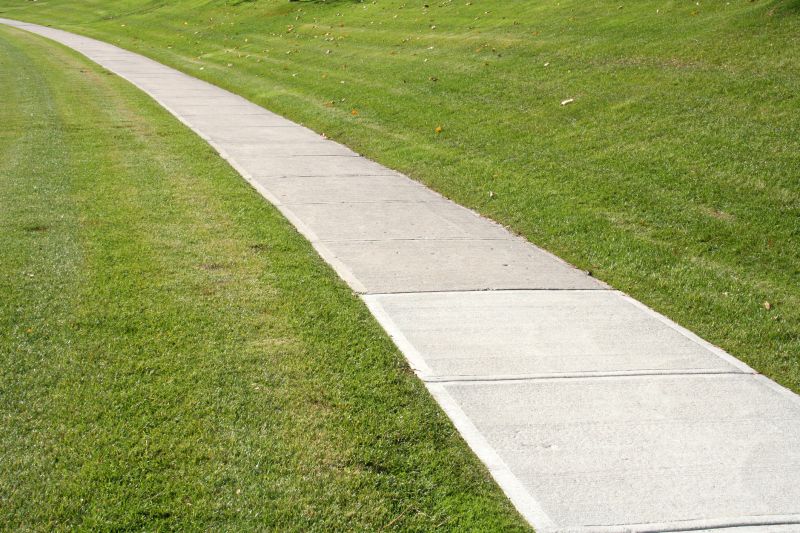
Late spring to early fall is often considered the optimal period for sidewalk replacements, depending on local climate.
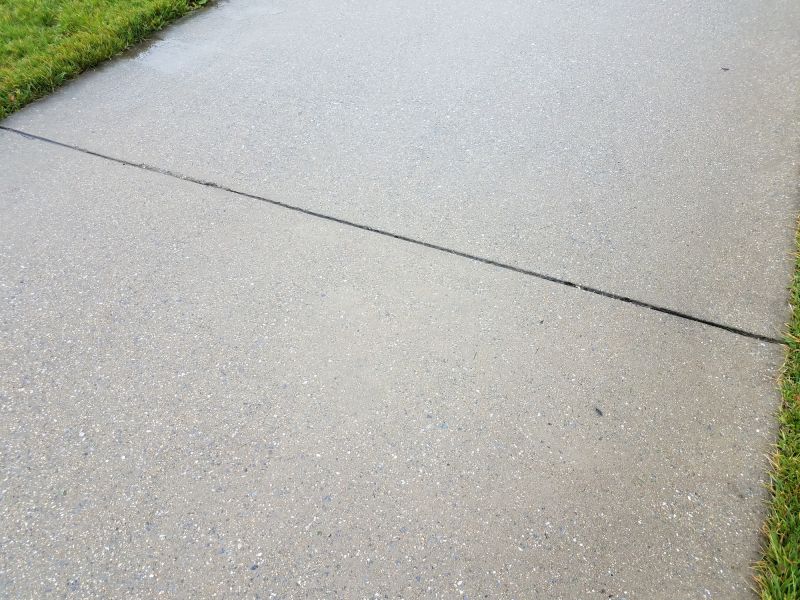
Weather conditions significantly influence the success of sidewalk projects, with dry, mild days preferred.
Sidewalk replacements are essential for maintaining safety, accessibility, and property value. Proper timing can influence the durability and longevity of the new sidewalk. Scheduling during favorable weather conditions reduces the risk of cracking, shifting, or other issues caused by environmental stressors. Understanding local climate patterns helps determine the most suitable time for installation, ensuring a successful project.
Statistics indicate that sidewalks replaced during optimal seasons tend to last longer and require fewer repairs over time. For example, projects completed in mild weather conditions have shown a decrease in cracking and shifting by up to 30%. Additionally, planning replacements during dry periods minimizes delays caused by rain or frost, leading to cost savings and improved quality.
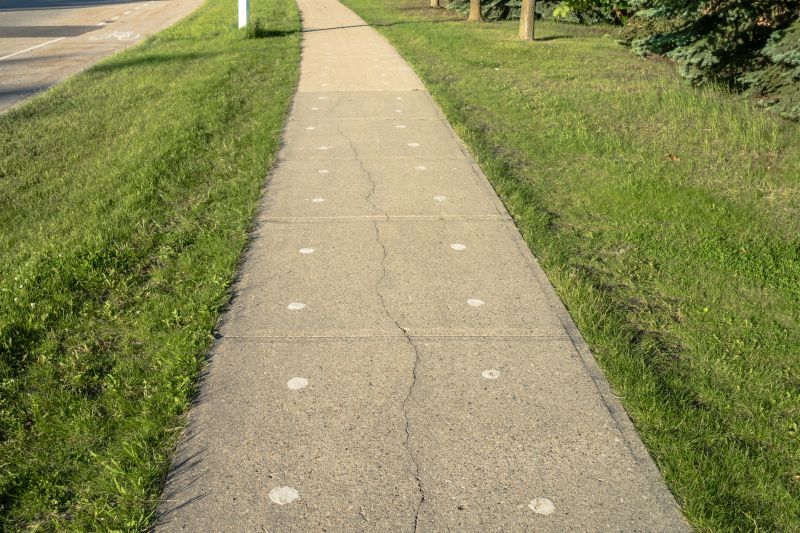
Proper site assessment and planning are crucial before scheduling a sidewalk replacement project.
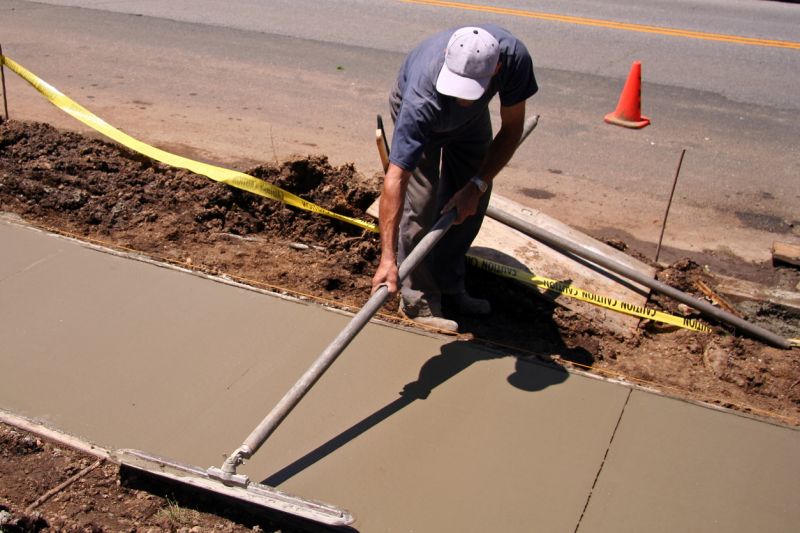
Temperature affects curing times and material performance, influencing project scheduling.
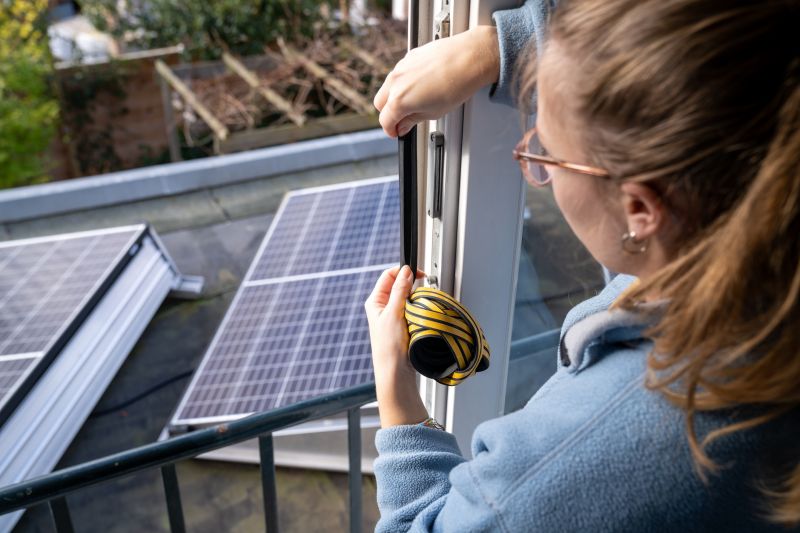
Monitoring weather forecasts helps select the best window for installation.
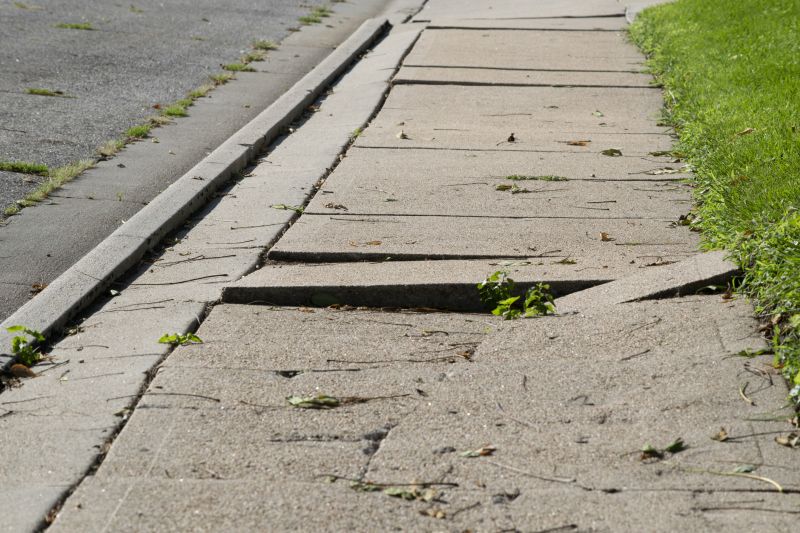
Costs may vary seasonally due to demand and material availability.
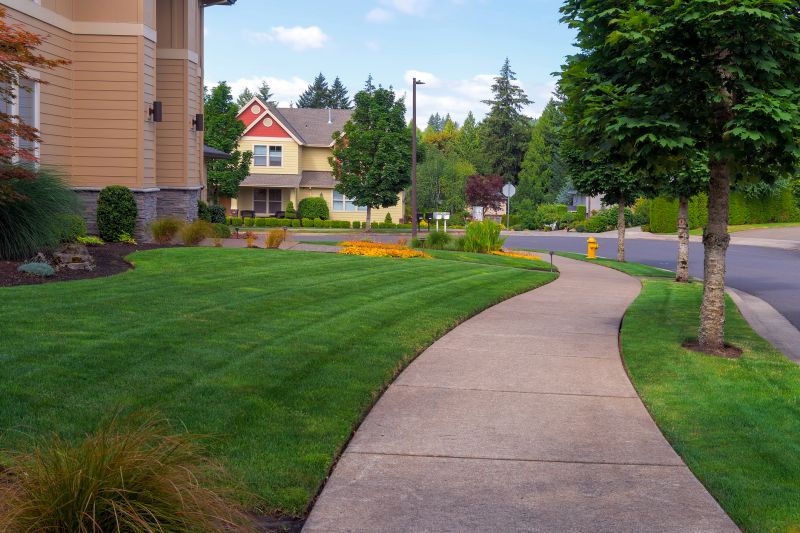
Understanding local climate patterns ensures appropriate timing for replacements.
| Season | Advantages |
|---|---|
| Spring | Moderate temperatures, ideal for curing, less rain |
| Summer | Longer days, good for scheduling, but watch for heat |
| Fall | Cooler weather, less rain, optimal for installation |
| Winter | Not recommended due to cold and frost risks |
Interested in scheduling a sidewalk replacement? Filling out the contact form can help determine the best timing based on local weather patterns and project requirements. Proper planning ensures a durable and quality result that enhances safety and accessibility.
Ways to make Sidewalk Replacements work in tight or awkward layouts.
Popular materials for Sidewalk Replacements and why they hold up over time.
Simple add-ons that improve Sidewalk Replacements without blowing the budget.
